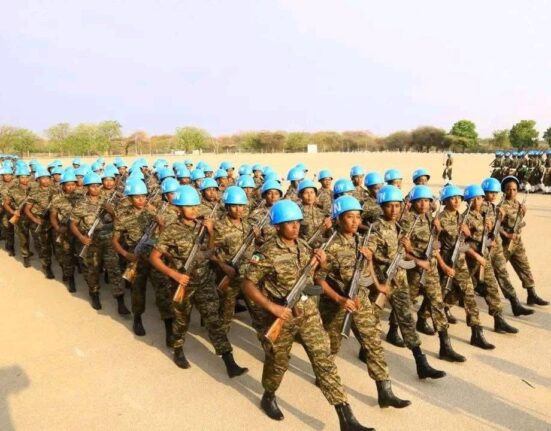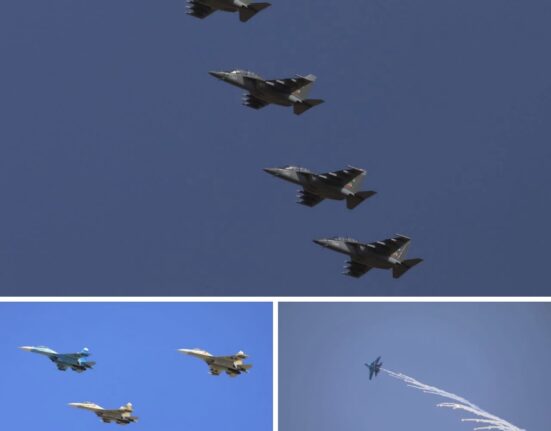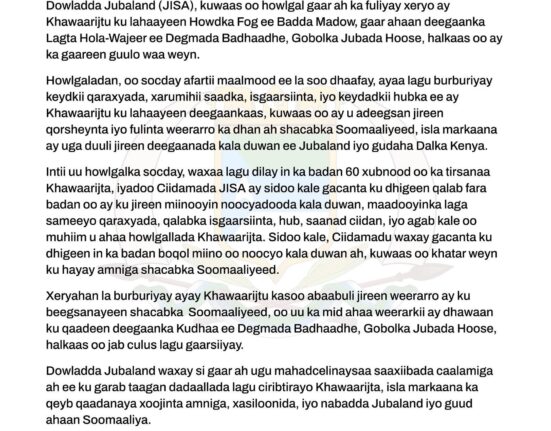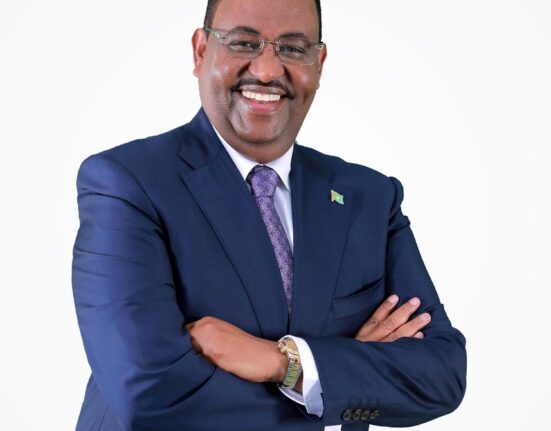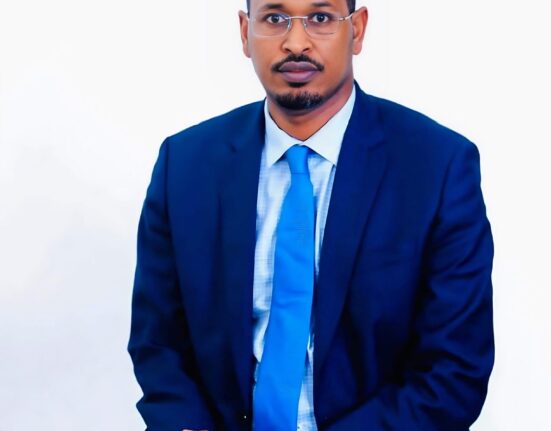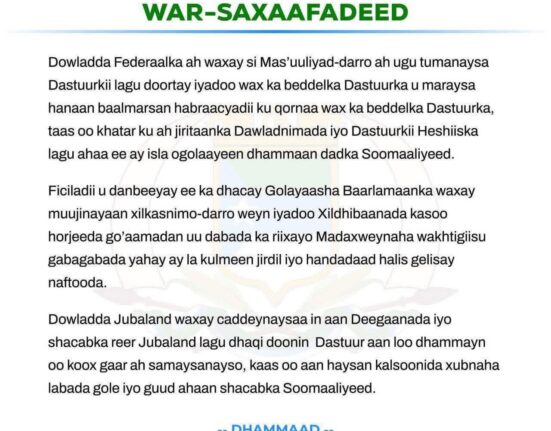By HornCurrent Editorial Desk
In Ethiopia’s fragile political climate, the Oromo question has once again been framed as a “threat” rather than a democratic right. Recent interviews and commentaries reveal a troubling revival of old hostile narratives aimed at delegitimizing Oromo participation in national politics.
The Rhetoric of Containment
On June 29, 2025, in a private conversation later echoed in an Ethiopia Insight interview, former diplomat Andargachew Gashaw warned:
“Ethiopia must not fall again into the Oromo trap. Federalism cannot be held hostage by Oromo dominance. If this convergence succeeds, Oromo control of the state must be cut back to save Ethiopia.”
This was not a call for partnership — it was a call for containment. By branding Oromo participation as a “trap,” such voices recycle the old Abyssinian elite script: political power in Ethiopia belongs in the north, and anyone else is an intruder.
Just a week later, on July 7, 2025, Fetlework Gebregziabher, a veteran Tigrayan commentator, reinforced the same idea in Addis Standard:
“True federalism is impossible under Oromo dominance. Ethiopia’s unity depends on reducing Oromo leverage in national politics.”
When Tigrayan and Amhara elite commentators converge on the same talking points, it is less coincidence and more strategy.
The Amhara–Tigray Convergence
The rhetoric coincides with a campaign to reignite the old Amhara–Tigray axis of power.
In a recent sit-down with The Reporter Ethiopia (July 20, 2025), retired General Mamo Abate spoke openly about “exploring collaboration with Tigray to protect Ethiopia from radicals in Oromia.” His remarks echoed sentiments voiced by Dr. Abraham Takest, who has been candid in private interviews about the “need for northern solidarity” against what he calls “Oromo overreach.”
Multiple TPLF and Amhara political figures have likewise declared, both publicly and in closed meetings, that they see a strategic alliance between their camps as essential to counter Oromo influence.
The Historical Echo
What we are witnessing is not new. It is a continuation of Ethiopia’s long northern tradition of shared dominance, where Amhara and Tigrayan elites alternate or collaborate in controlling the state while portraying southern and eastern voices — especially Oromo and Somali — as destabilizing forces.
The language of “reducing Oromo leverage” or “cutting back Oromo dominance” is simply a modern repackaging of an old exclusionary politics. The message is clear: Oromo participation is tolerated only if it is subordinate.
Why This Matters
These narratives are not harmless debates. They set the stage for:
- Legitimizing exclusionary politics, where Oromo demands for federalism are dismissed as dangerous.
- Rebuilding an elite northern alliance, sidelining millions of Oromo, Somali, Afar, Sidama, and others.
- Undermining federalism itself, by framing it as a tool of “Oromo domination” rather than a shared framework for coexistence.
The Way Forward
If Ethiopia is to move beyond cycles of conflict, it must resist this return to exclusionary elite bargains. Federalism cannot survive if the largest nation in the federation — the Oromo — is treated as a “problem” to be contained.
The country’s future depends on embracing inclusivity, not reviving a northern club of dominance. Oromo participation is not a “trap.” It is a democratic necessity.
💬 HornCurrent invites responses from readers, policymakers, and scholars. Should Ethiopia continue down the path of elite northern alliances, or is it time for a broader, more inclusive political vision that truly reflects its federal diversity?


